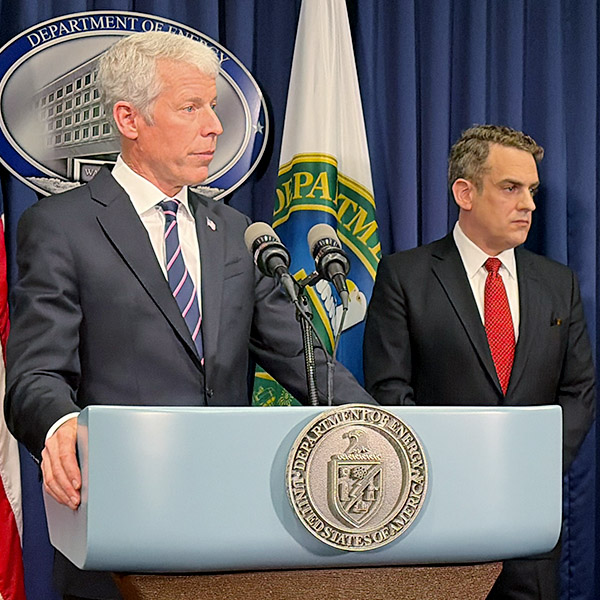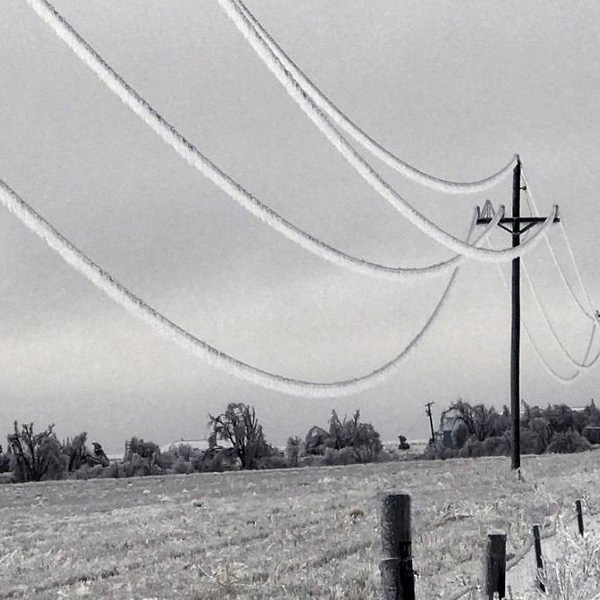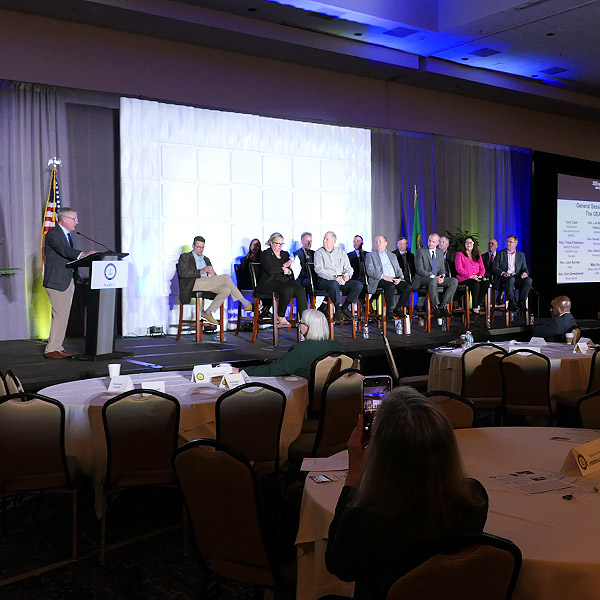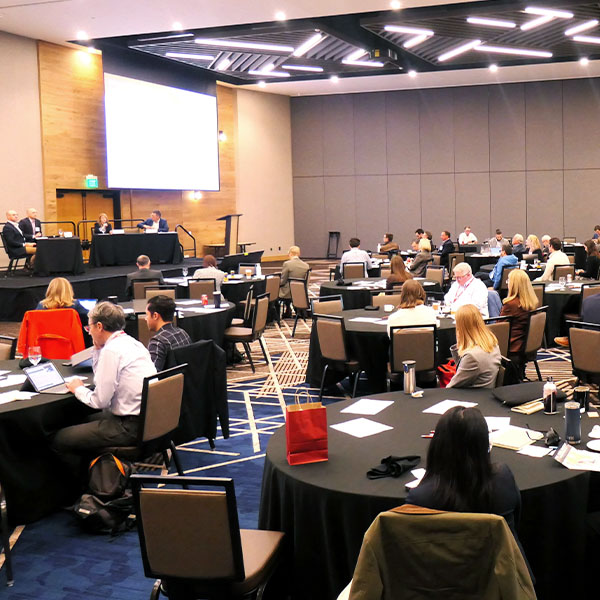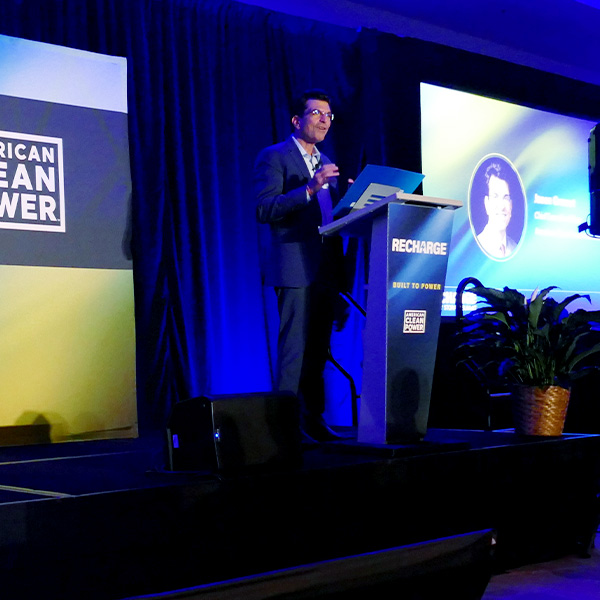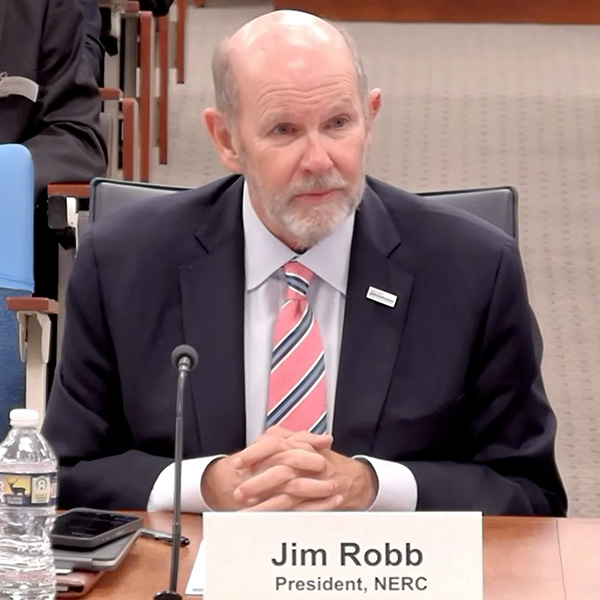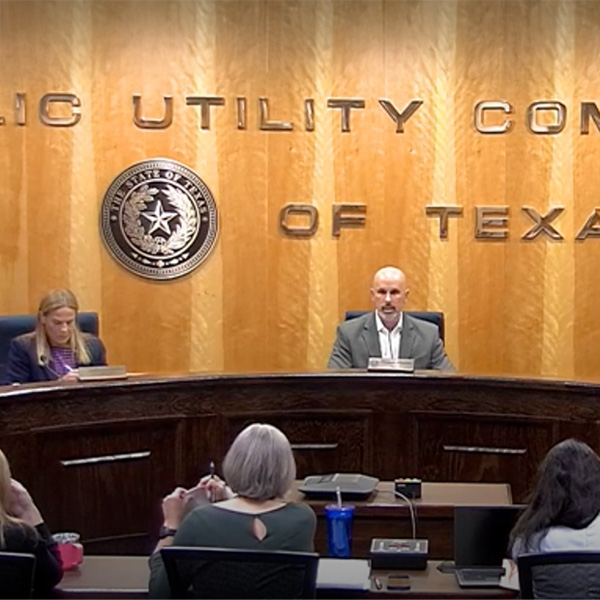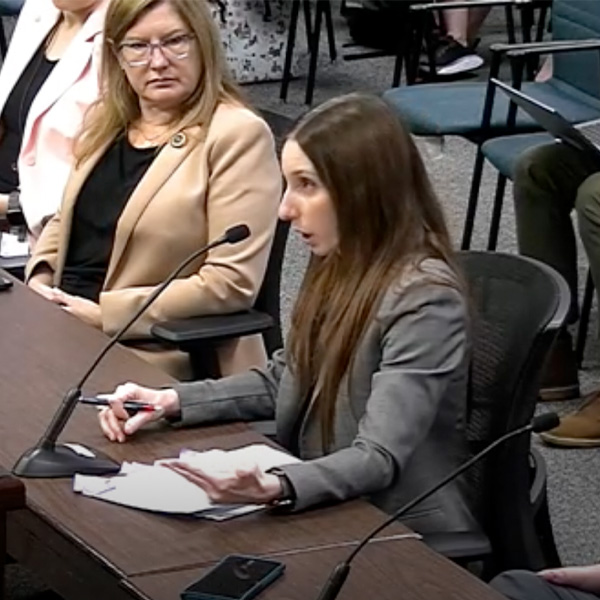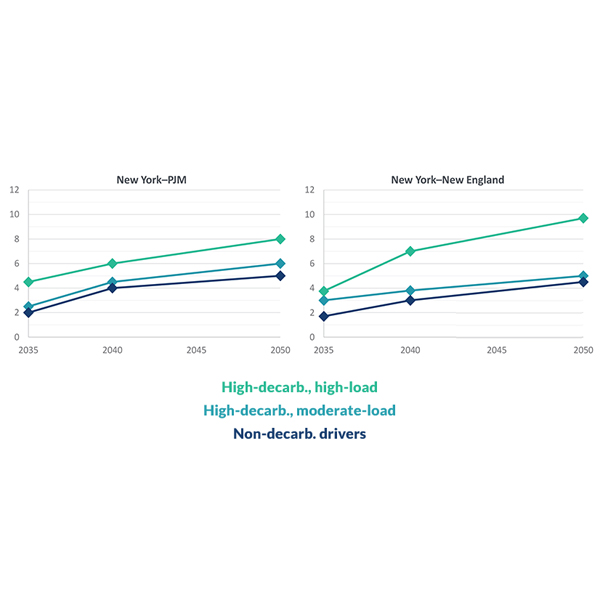State Regulation
Each state and province maintains a public utilities commission or other body to regulate utilities within its jurisdiction. Commissions typically oversee utilities' rates and services, and mediate disputes between utilities and ratepayers.
DOE's senior leadership highlighted how the grid relies on fossil fuels to make it through winter peaks.
The North American grid made it through the winter storm of Jan. 24-26 — dubbed “Fern” by The Weather Channel — relatively unscathed, but the cold weather gripping much of the U.S. and Canada continues, and cold snaps in the future will still stress the interconnected power and natural gas systems.
U.S. electricity outage hours reached their highest levels in a decade in 2024 due to the impact of Hurricanes Beryl, Helene and Milton, the EIA reported.
A new report from the National Association of Regulatory Utility Commissioners offers state regulators an extensive set of recommendations intended to address risks stemming from the ever evolving interdependence of the natural gas and electric sectors in the U.S.
The Organization of MISO States is warning NERC that its possible new resource adequacy standard would tread on states’ planning authority.
Reports of the energy storage industry’s demise are greatly exaggerated, experts said during the American Clean Power Association’s annual Energy Storage Summit.
Representatives from NERC and the rest of the electric ecosystem joined FERC's annual Reliability Technical Conference to discuss the importance of planning in addressing large loads.
Texas regulators have approved two more system resiliency plans for state utilities with a focus on wildfire mitigation, following up on a requirement from the 2023 legislative session.
The Texas Public Utility Commission’s staff are drafting a rule codifying a process for exemption requests from ERCOT reliability requirements.
The Northeast States Collaborative on Interregional Transmission released a strategic action plan for creating an interstate planning process for transmission projects that span the seams of their grid operators.
Want more? Advanced Search
